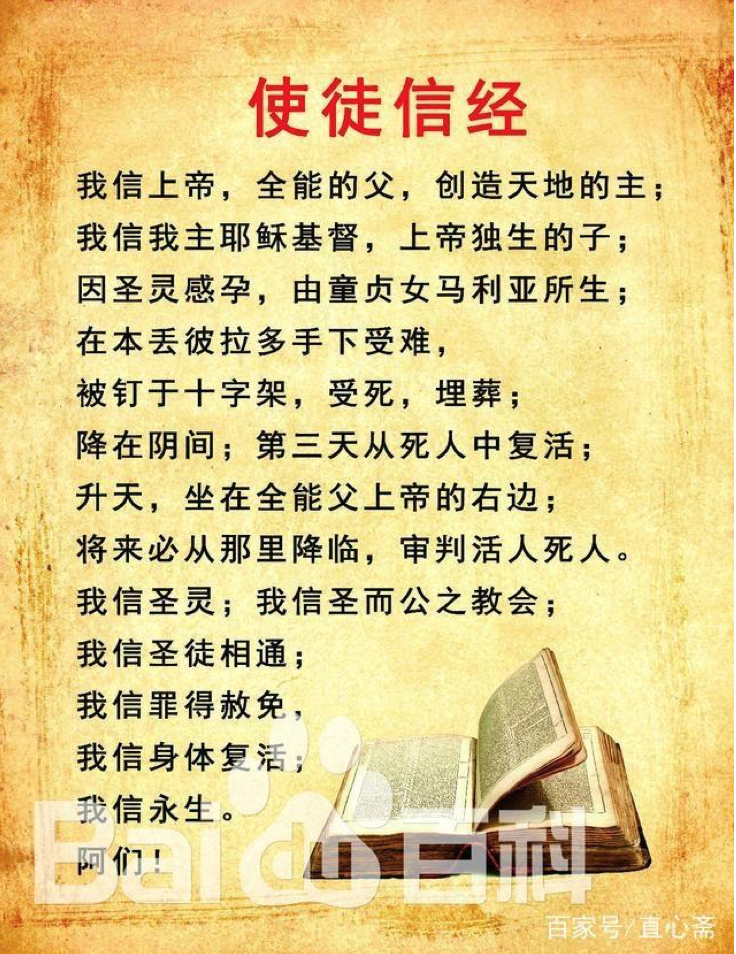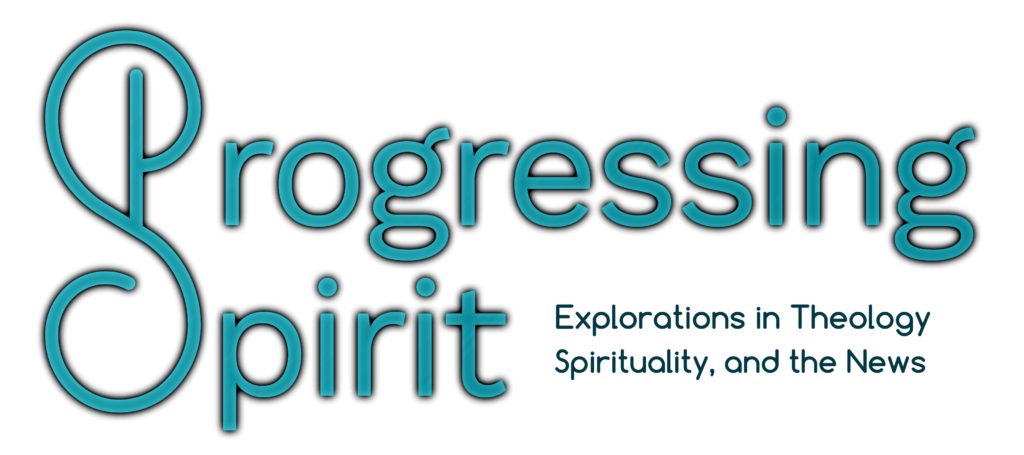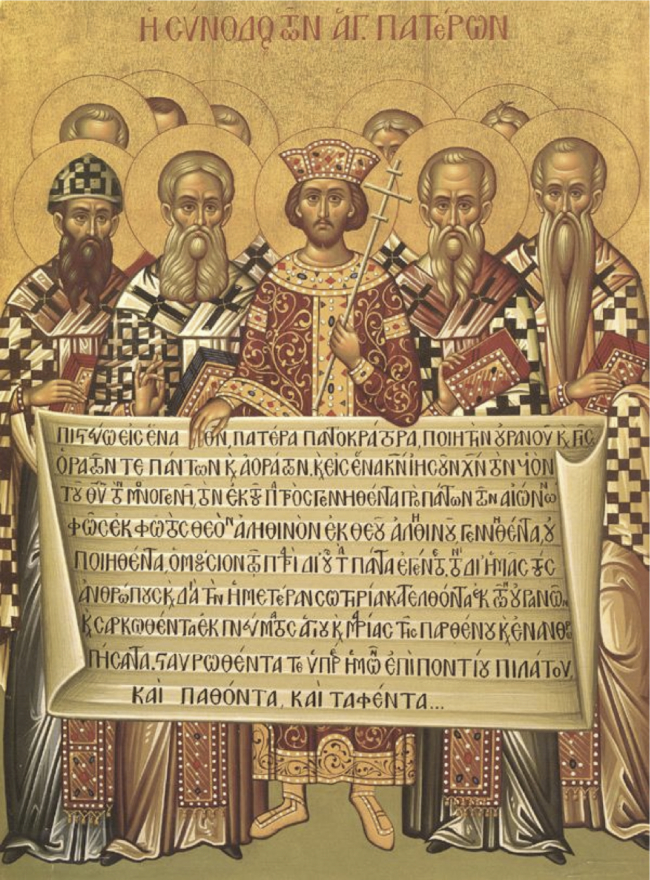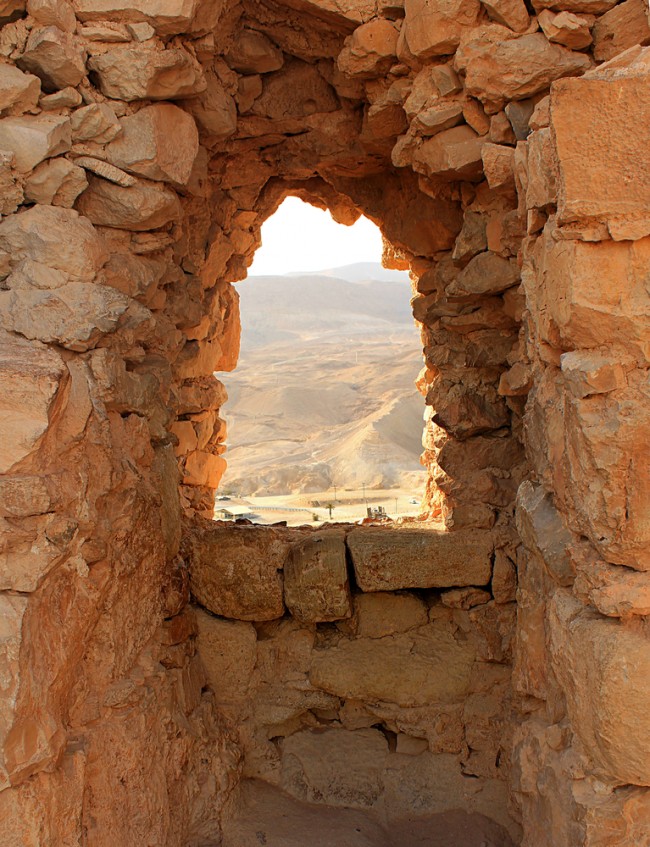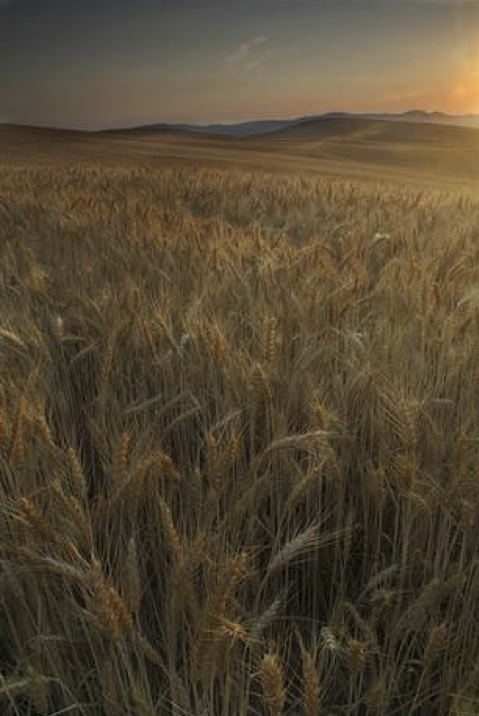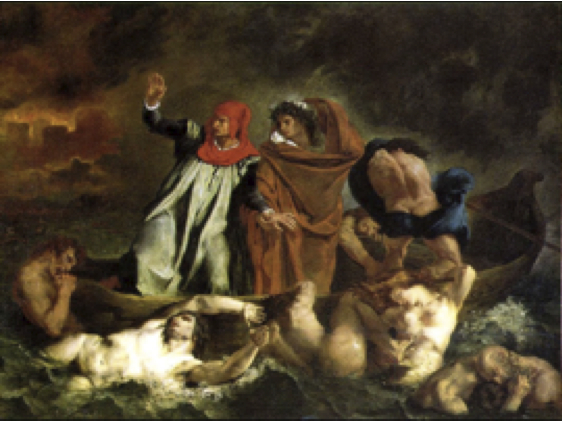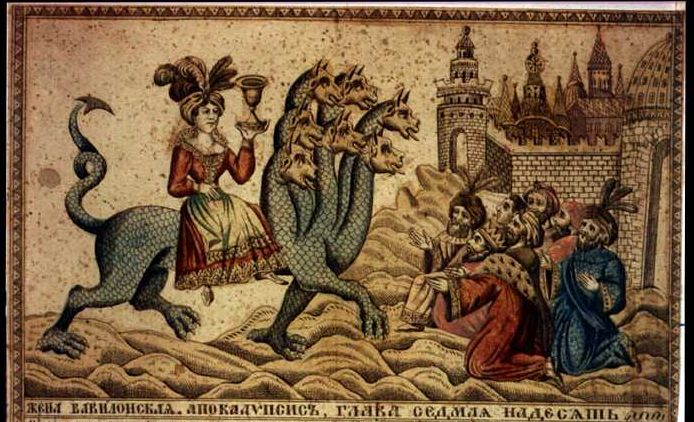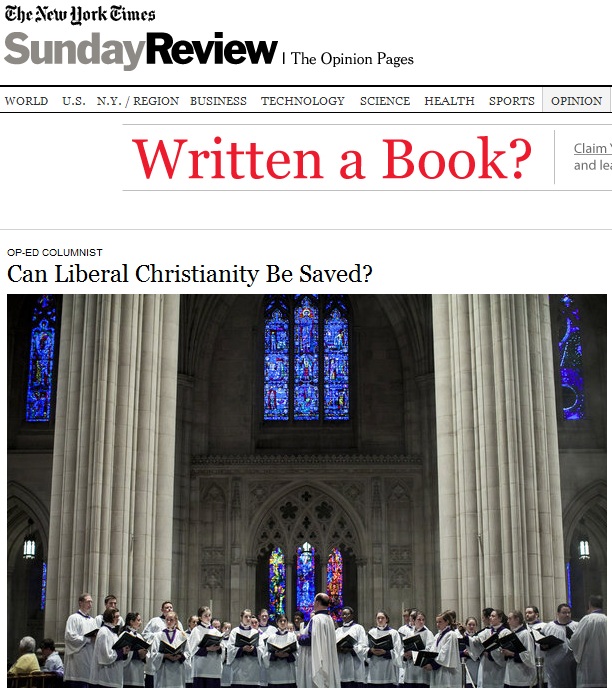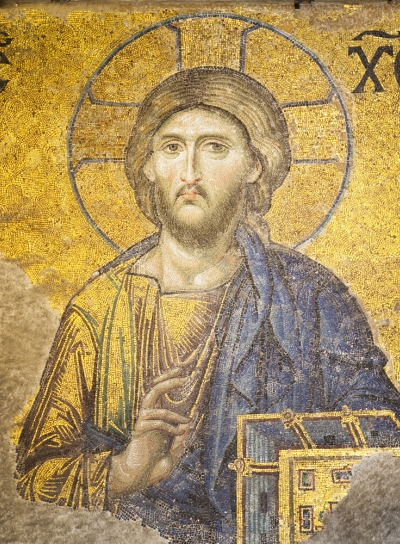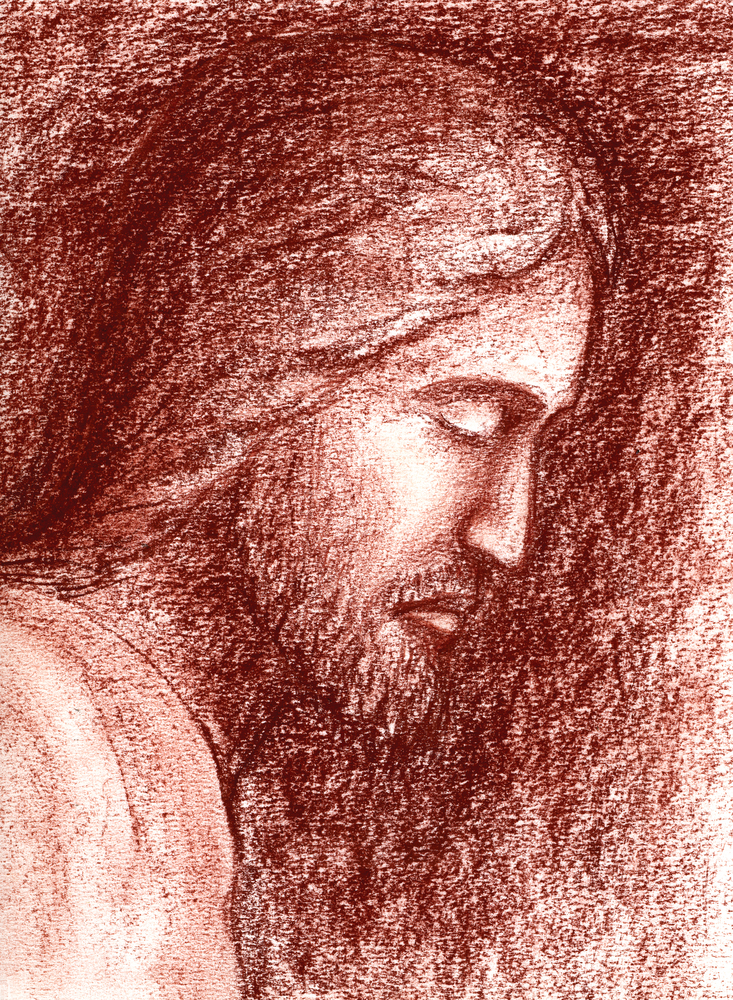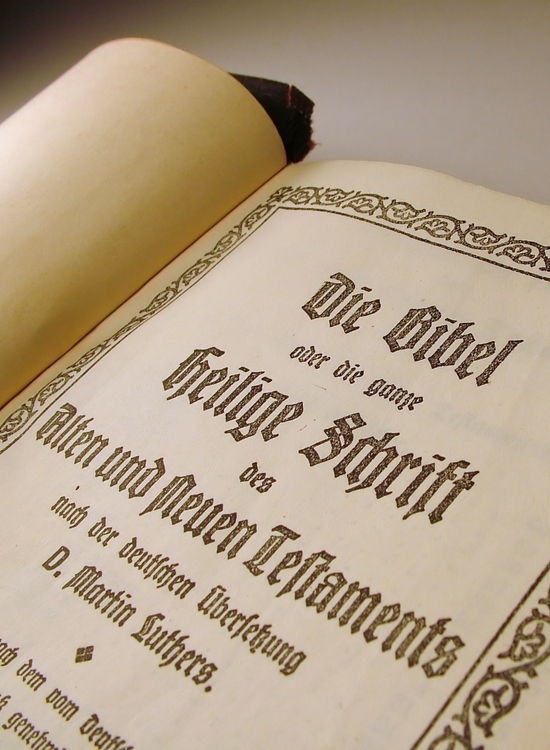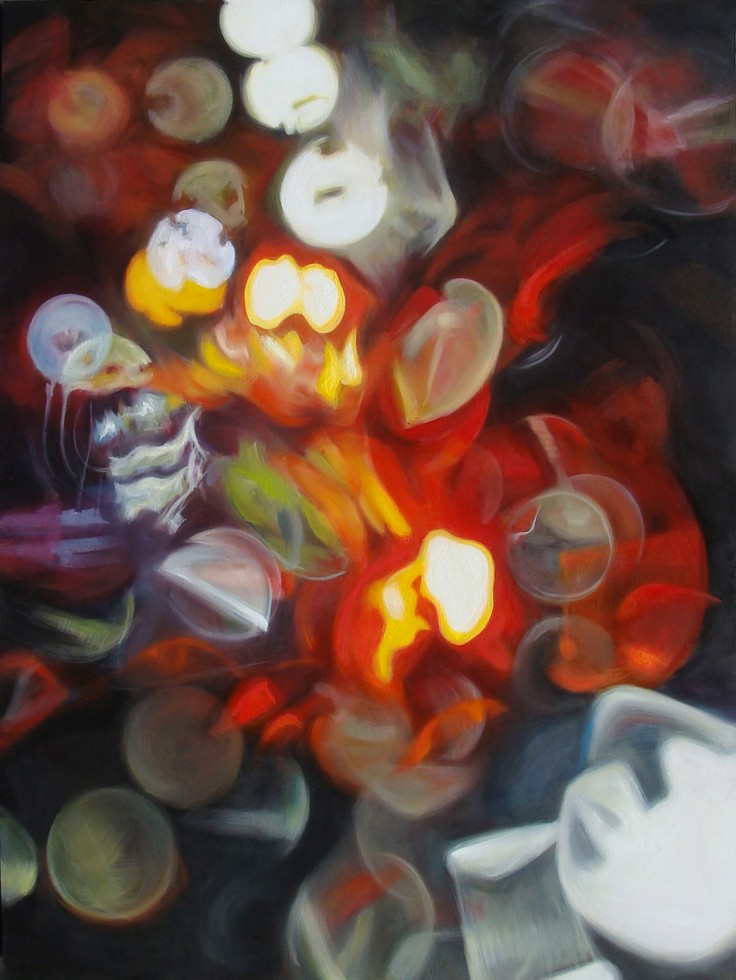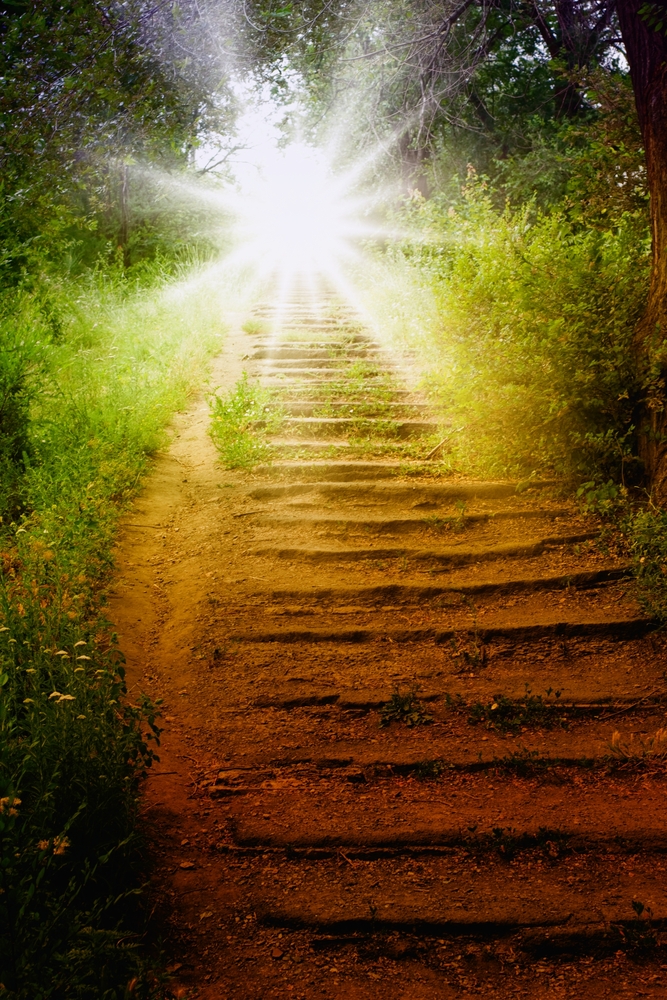The Apostle's Creed was brought in with the Roman bible. But not too many people became believers. The Emperor Wu Zong of Tang Dynasty in 845 AD preferred Buddhism and made all other religions as forbidden.
It’s fair to say that two points of view concerning the life and death of Jesus developed early within Christianity. One was carried by the Christian West and is still prominent in the West today. The other was carried by the Christian East and may not be as well known to a lot of Western Christians.
An inclusive and pioneering exploration of Theology, Spirituality and Current Events
With thousands of subscribers around the globe, Progressing Spirit is the world’s leading outlet for an intelligent, inclusive, and pioneering exploration of today’s theological, spiritual, and social advancements.
An Open-Ended “Creed” for a Progressive Christian
I have often said so-called “progressive Christianity” is a notion forever in search of its own elusive definition; and that’s as good a way of explaining it as we may be able to find. We live in a post-modern world that considers the age of Enlightenment to be a post-facto reality. As such, “progressive” thinking in an age of Reason has pushed the boundaries of nearly every facet of life, except one: those ‘traditional’ or ‘orthodox’ beliefs, based on certain creeds, doctrines and dogma that still dominate what it presumably means to be “Christian.” It hardly needs to be said that it is also why so many one-time believers have outgrown their one-time faith. Calling them merely “lapsed” is misleading. So much has elapsed in the world we have all come to know and take for granted, that the once-dominant Church -- -- despite all its denominational varieties -- has fast become a post-modern relic. Yet any critical examination of how Christian scriptures developed and how the history of the tradition evolved will quickly demonstrate how it has always been in a constant state of flux. Or, if you like, “progression.” It was only when it stopped and got stuck that we traded in the tent for a temple, and snuffed the life out of a movement that is progressive by its very nature. What then would constitute an honest statement of belief for at least this "progressive Christian?"
But what our guide told us next has stayed in my memory for the almost twenty years since my visit. With a shrug of his shoulders he explained, “Well, we need a site. An important event—we need to have a site. Do we know exactly where it happened? No. But we must have a site so that we can remember.”
A Commentary for Thanksgiving in an Age of Anxiety
American retailers have essentially pre-announced that the annual Thanksgiving observance -- when we presumably pause to gratefully remember everything we have -- has been cancelled so bargain shoppers can get an even earlier jump-start on their holiday shopping for all the things we don’t have yet. Meanwhile, halfway around the world a typhoon of record proportion hit landfall only a few weeks ago; nearly wiping an island nation off the face of the earth, and leaving those who survived with virtually nothing. Then last week an unseasonable swarm of twisters flattened whole towns across the Midwest. By comparison, it all makes the plight of those first pilgrims facing the harsh realities of their first Thanksgiving in a brave new world look like a walk in the park. And, all the while, the airwaves and media have been filled with docu-dramas and documentaries commemorating the half-century mark of those events that shattered an age of relative innocence for those of us old enough to remember it; ushering in an age of extraordinary upheaval and anxiety, starting with what social critics and historians alike attribute to the assassination of JFK. Juxtaposed and taken together, these events represent a seeming un-reality that hasn’t really abated much in the last fifty years. We live in an age of anxiety. Jesus masterfully taught in the philosophical tradition known as Jewish cynicism, with such parabolic tales and quaint-sounding imagery as the “lilies of the field.” And he did so at a time and age that – while seemingly ancient to our modern way of thinking – may not have been all that different from our own anxious age. Consider then our fretful, misbegotten ways, and the wild lilies of the fields.
It has been both an emotional and a political roller-coaster. The television newscasters and the print media informed us that a political debate was underway as to whether or not the armed might of this country should be used to punish the Syrian government for violating the universal condemnation against chemical warfare that has governed the world since the horror of gas in the trenches in World War I. Pictures were released of small children, who had been the victims of sarin gas. The pictures were chilling. I enquired of a medical expert about the effects of sarin gas on the human body. He shuddered even to talk about it. His sentences were short and declarative. “It is deadly.” “There is no protection.” “Suffering is intense.” “Death is inevitable.” For almost one hundred years, despite brutal wars, both worldwide and local, with weapon enhancements like atomic power and cruise missiles, the prohibition against chemical warfare has still been generally adhered to by the nations of the world until this moment. Now the Syrian government has breeched this taboo, in an action widely believed to have been ordered by its president, Bashar al-Assad. I did not disagree with the official statement of facts and yet the debate itself struck me as deeply irrational.
Our nation is currently embroiled in a contentious debate over the Syrian regimeʼs alleged use of chemical weapons, and what should be the appropriate response by the U.S. and the international community. Public opinion polls comprising an odd coalition of liberal peace-nicks, a war weary citizenry and political antagonists who oppose in knee-jerk fashion most all of the Presidentʼs proposals, all suggest strong opposition to our countryʼs military involvement of any kind in yet another Middle East conflict. Regardless, the underlying question and dilemma remains. Is there a moral imperative to act? If so, how? What is the justification for a violent response to a deplorable, unjust and violent act?
Who Is the Whore of Babylon?
A typical interpretation when reading the Book of Revelation is John’s attempt to answer the interminable question: How exactly will God, once and for all, set things right? When will the “sorrow and weeping be no more,” and the “tear wiped from every eye?” After reinterpreting over and over again the imminent end that has been repeatedly put on indefinite hold, it merely begs the question, why the postponement? When Revelation is instead understood to be political commentary spun in the form of a fantastic allegorical tale that can be reinterpreted and applied again and again, the question in each succeeding era has more to do with asking the question: Who is the Whore of Babylon, and all she represents? How can we be so easily seduced? And have the words and life of the Galilean sage been lost, even from the time John had his nightmarish vision to our own succumbing today? Read more.
The battle for growth is not just conceptual or “spiritual.” It is also practical – monetary, social, interpersonal, etc. “Culture wars” and the growth boundaries they often represent, are not separate from practical issues like making a living and social relationships but are intertwined with them. It is similar with religious and other belief systems.
Second, both Albert's sought a grand theory. Einstein, a "theory of everything" or the "unified field theory" of physics; Schweitzer the common, most basic ethic for all cultures and humanity. He felt he had discovered it while pondering and traveling (at the key point of insight, on a river amid a herd of hippopotamuses at sunset. One is again reminded of Einstein's insights sometimes coming amid his imaginary "thought experiments"). The by-then double-doctor (PhD, MD), Schweitzer, reports he had been pondering and writing notes, "....struggling to find the elementary and universal concept of the ethical that I had not discovered in any philosophy..." Then, quite suddenly, "... there flashed upon my mind, unforeseen and unsought, the phrase : “Ehrfurcht vor dem Leben” [“Reverence for Life”]. The iron door had yielded. The path in the thicket had become visible.”
Before the 2012 SnowStar Conference fades into the background I would like to push forward some of Roy Hoover’s comments regarding the changing paradigm. As I recall – apologies for any inaccuracies – he spoke of the need for integrating the insights of Galileo and Darwin in order to make the paradigm shift from the age of superstition to the age of reason. History as a search for what actually happened and science now form the road to truth.
Musings by Jim Burklo - www.tcpc.blogs.com/musings
I offer here a categorization and listing of ways that people think about God. I offer this list in order to stimulate my own thinking, and hopefully yours, about the tremendous variety of ways that people have tried to define or begin to comprehend Ultimate Reality.
TJ Dawe speaks about the goals of his organization, Beams and Struts, and an ideology of compassionate cooperation.
For Whitehead and Hartshorne, the indeterminacy of subatomic events suggests that freedom, and the creativity that flows from it, are ubiquitous in the universe. Even electrons make choices. According to process thought, we’re so free that even God can’t know the future, since all entities have the God-given ability to behave unpredictably.
A Theological Vision of Process Theology and Progressive Christianity
Progressive Christianity’s Eight Points attempt to provide a framework for progressive theological reflection. In the next several weeks, I will elaborate on each of the Eight Points in a way that may be helpful to pastors and congregants. I will be viewing them from the lens of process theology, which I believe is the best theological perspective for progressive Christian reflection.
God is persuasive love, containing but somehow still beyond all that we can grasp, and within whom “we live and move and have our being.”
"Contemplative Pedagogy" - a high-falutin' term, no? In low-falutin' language, it's about using meditation to help people learn.
Many of the criticisms were mean-spirited or partisan, continuing a decade-long internal debate about the Episcopal Church's future. However, New York Times columnist Ross Douthat broadened the discussion, moving beyond inside-baseball ecclesial politics to ask a larger question: "Can Liberal Christianity be Saved?"
Wisdom & Foolishness in the Perennial Tradition
Wisdom is often mistaken as knowledge, prudence or pragmatism; whereas foolishness is equally regarded sometimes to be the kind of fool-hearted thing Jesus would have characteristically espoused with many of his confounding ideas about God, God’s ways and how we ought to treat one another. Truth be told, there are plenty of people who consider themselves much too smart to take seriously some of the darn fool things Jesus actually said and meant. But Jesus was no ordinary fool. A Words and Ways Commentary by John Bennison.
During the same period that Taylor identified as central to the transition between Christianity and secularism—namely, Deism—we witness an exacerbation of several tendencies that were bound up with the self-definition of Christianity as against Judaism. I will identify and briefly discuss three such tendencies: internalization, universalization, and the critique of heteronomy.
Mark’s Gospel has often been described as a “enigma’ and this can apply both to the whole of Mark’s text, as well as to nearly all of its mysterious contents. There is not just one story-line, one discourse or one dimension to its depicted characters but Mark presents many and various aspects within his Gospel. This enigma involving multiple dimensions, levels and stages are in evidence in the following five important and multiple aspects of Mark’s Gospel.
Progressive Christian Reflections
Despite four central theological affirmations to the contrary—Creation, Incarnation, Resurrection, and the church as the Body of Christ—Christians got it in their heads that the body was not a locus for divinity.
Surveys of biblical theology as presented by historians of Christianity soon reveal many and varied types of previous theologies (but no thealogies!), which have been explored and expressed by many thinkers in various schools of thought and practice during the past 2,000 years. In this brief article, my glimpse into the past can only include (1) Revealed Trinitarian Theology, (2) Natural Theology and (3) Deistic Theology.
John Hick, an influential theologian and philosopher who died earlier this year, was drawn to issues that transcend any particular tradition—the question of evil, the meaning of suffering, life after death, and religious diversity.
Students of the history and legacy of the West’s Protestant Reformation over its past millennium or thousand-year period can in contrast observe that “RiP” can have another connotation, which implies and express a less peaceful changing of attitudes and chain of events. What emerges is not a single “Reformation” but at least five “Re-formations” or modifications and amendments of attitudes, belief-systems and doctrinal confessions.
The first thing that strikes you when looking atFrequencies is the scope of the project and the breadth of contributions it includes. The breadth of the essays is truly amazing—people, events, places, books, a CD, ideas. The project covers a lot of ground. And just for the pleasure of reading some of these essays, I’m grateful and moved.
Bellah’s grand argument is complex but elegant: social cohesion constitutes, simultaneously, a functional mechanism for group survival and an incubator of more complex forms of social evolution; these various forms of social cohesion, in a certain evolutionary stage of social development, crystallized in institutional “religion”; religion became a generalized means of generating social capacities that increase in every new stage of cultural evolution; failing to develop such patterns (a very real possibility) means the neutralization of the evolutionary process itself; and religion, even in its most domineering forms, entails moral reflexivity and social criticism, based upon the crucial distinction between reciprocal hierarchies and brute exercise of domination.
Are you religious? Your answer will depend a lot on what your questioner meant by the concept of “religion” and how you view this concept.
(Excerpted from The Secret Teachings of All Ages, 1928)
THE true story of the life of Jesus of Nazareth has never been unfolded to the world, either in the accepted Gospels or

